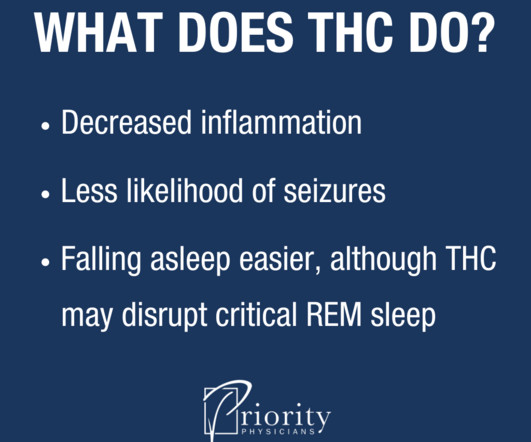How to Choose the Best Hormone Doctor in Connecticut for Your Needs
Physicians Alliance of Connecticut
MARCH 28, 2025
Here are some tips for choosing the best Connecticut-based hormone doctor for your unique needs. Ask for Recommendations When you’re looking for a hormone doctor, people you trust can provide valuable recommendations. Friends and family members who’ve seen a hormone doctor are another useful source of recommendations.












Let's personalize your content